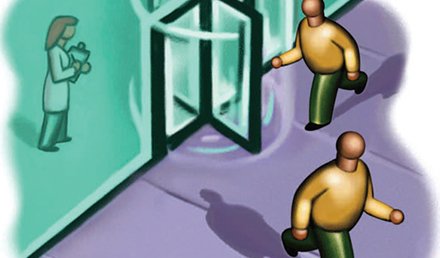Jonathan is a young man who changed the course of musical theater and would still be making history today if things had turned out differently. Jonathan was born in Mount Vernon, NY in 1960. When he was 22, he moved to New York City to pursue his dream of writing a musical. Like most struggling artists, life wasn’t easy. He spent weekends waiting tables at the Moondance Diner in Soho. He spent weekdays at his …
Read More


